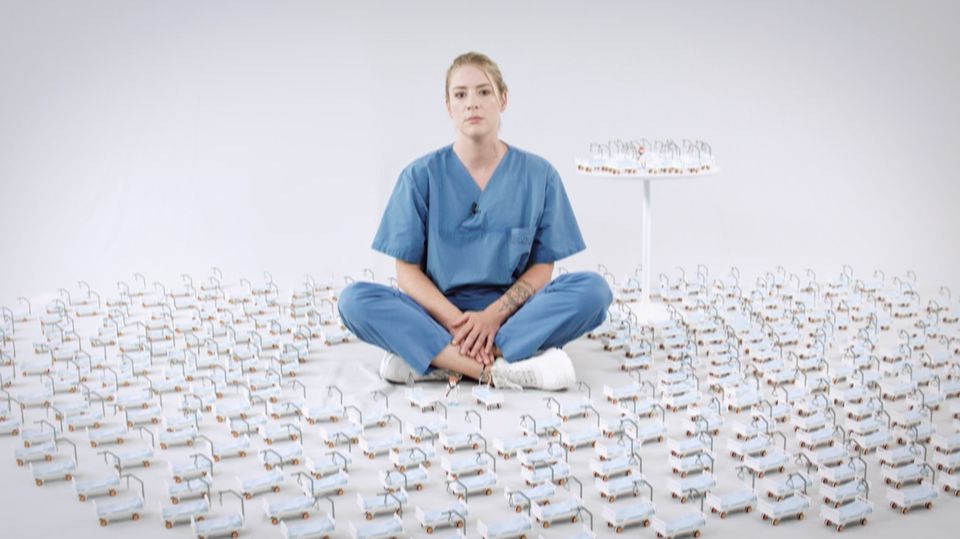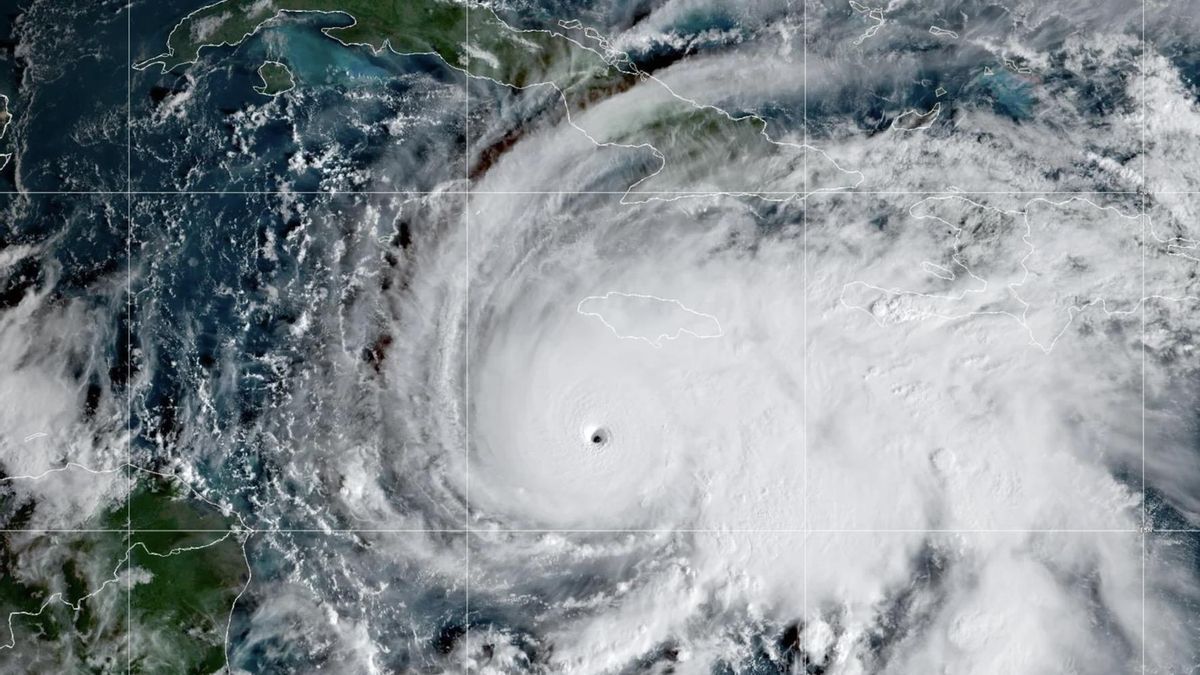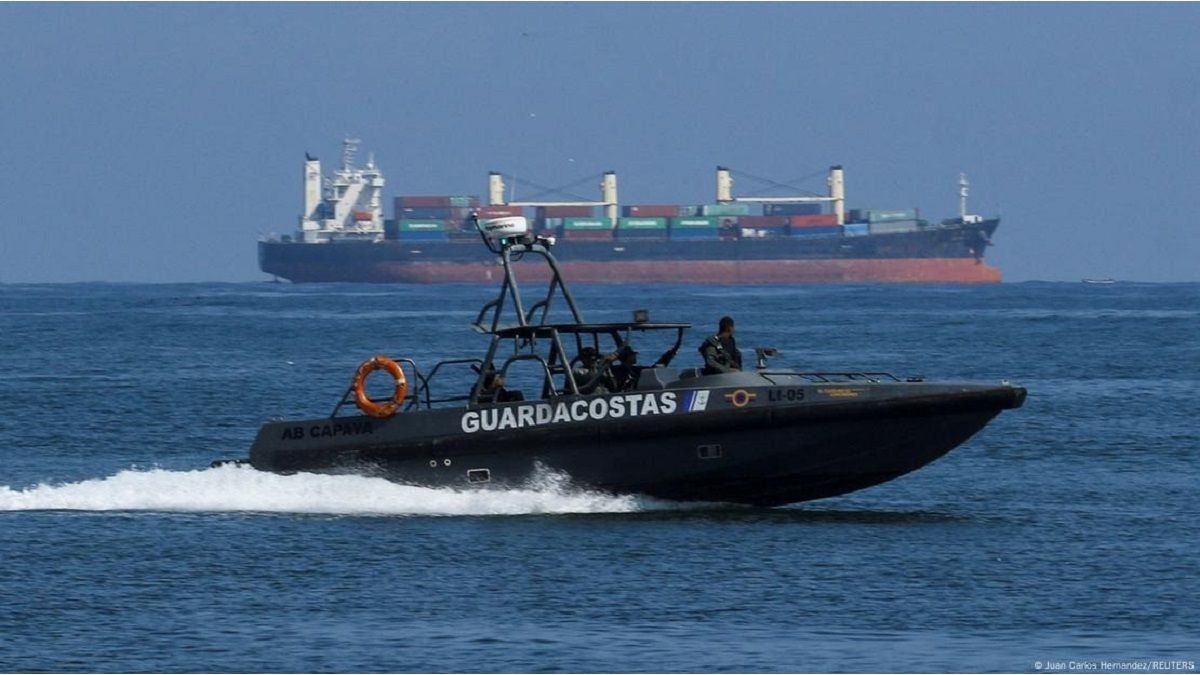For a long time, Australia and New Zealand tried to completely eradicate the corona virus and saved many lives – but then came the Delta variant. While in “Down Under” the failure of “Zero Covid” admits, the neighbor wants to stick to the strategy.
It was an ambitious plan that Australia and New Zealand have been pursuing since the coronavirus pandemic began. Do not let the virus into the country in the first place, eradicate the culprit and continue to live as normally as possible – this is the model of the island states. The price for the zero-covid strategy: complete isolation, closed borders, strictest quarantine rules for the few people entering the country and always new, short-term lockdowns for entire parts of the country with fewer than a handful of new infections. In return, citizens enjoyed enviable freedoms for many months. The numbers of Covid deaths are also considerably low in both countries.
With the spread of the Delta variant, at least Australia now has to rethink its tactics. “It is impossible to eliminate Delta”, admitted Gladys Berejiklian, regional prime minister of the particularly troubled state of New South Wales, last week. So far, the region with the metropolis of Sydney has been successful in bringing other mutants under control. “But the Delta variant is a turning point – and every state in Australia will have to live with it sooner or later.”
“No longer a realistic strategy”
States like Queensland or Western Australia, which have so far gotten more lightly through the recent waves, warned Berejiklian: “They still think that they can live in a fantasy, in the zero-covid country, but that is not possible.” It is important to accept reality as soon as possible. Her counterpart Daniel Andrews from the state of Victoria also admitted that Covid was zero “no longer a realistic strategy”.
His state with the megacity of Melbourne had to contend with many smaller outbreaks more than any other and is now in lockdown for the sixth time. The number of cases is still at a – by Australian standards – high level. New South Wales, which has been in strict lockdown for ten weeks, has not yet reached the peak of the latest wave.
The watchword is now: vaccinate, vaccinate, vaccinate. At the same time, the authorities want to keep the corona numbers as low as possible. “This can save us time until enough people are vaccinated”said Andrews. The goal is herd immunity, as Australia is slowly dawning that the borders cannot remain tight forever.
Some regional premieres are still resisting even considering opening up. Berejiklian emphasized that this was unrealistic. “I don’t know how long citizens in other states have lived in such a state “bubble” (Bubble) let go. Not forever”she warned. Several times there have been protests against the corona policy with dozens of arrests.
Vaccination campaign started slowly
The vaccination campaign was not initially high on the government’s list of priorities – they were too sure to be able to keep the virus in check for a while without the vaccine. Vaccines were obtained late and insufficiently. In addition, there was chaotic communication, especially with regard to the Astrazeneca vaccine and possible side effects. After the appearance of blood clots in younger citizens, the vaccine can now only be injected to people over 60 years of age.
Despite everything: A strong argument in favor of the zero-case strategy is that it saved many lives and prevented serious illnesses and long-covid symptoms. Australia (population 25 million) has only recorded about 65,000 cases and 1,000 deaths to date. Small New Zealand with 5 million citizens registered fewer than 4,000 infections and less than 30 deaths.
After a lengthy lockdown at the beginning of the pandemic, New Zealand had returned to an enviable normalcy for 18 months – full of stadiums and concerts with tens of thousands of maskless visitors. After confirming a single locally broadcast case in the city of Auckland, Prime Minister Jacinda Ardern immediately declared a nationwide lockdown on August 18. In a matter of hours, the streets from Dunedin to Whangarei were swept empty, shops and cafes closed, and the children homeschooling.

The numbers rose initially, however, at times they were more than 80 new infections per day. In the meantime, however, they have fallen back to around 20 daily cases, so that the rules were largely relaxed on Wednesday. Only the metropolis of Auckland, the epicenter of the latest outbreak, remains in lockdown for the time being. New Zealand has also taken its time with vaccination: So far, only about 25 percent of the population are fully immunized.
Experts are convinced that the extremely quickly proclaimed, hard lockdown prevented another worse situation. Citizens want it, according to one in the newspaper “New Zealand Herald” poll published at the end of August continues to adopt a zero-Covid strategy by a large majority.
“The downward trend in the number of cases is promising. If we continue as we are currently doing, we have excellent chances of eliminating this outbreak”said Michael Plank, a statistician at Canterbury University in Christchurch. “But there is still a lot to be done: As the experience in Australia shows, the Delta variant will grab your whole hand if we give it our little finger.”




